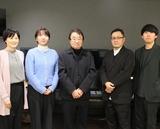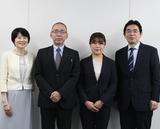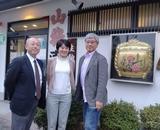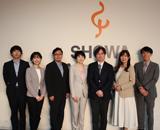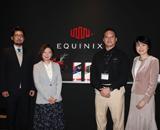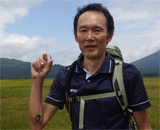March 2021
A Think Tank That Takes Action: The Sasakawa Sports Foundation on the Professionalism of Promoting Sports
The activities of the Sasakawa Sports Foundation (SSF) are aimed at creating a "Sport for Everyone Society" in which everyone enjoys sports in a manner that fits their own lifestyle and interests. The Japanese sports world is currently facing unprecedented challenges in the face of the COVID-19 pandemic, which has also caused the Tokyo 2020 Olympic and Paralympic Games to be postponed. Against this backdrop, SSF is attempting to use scientific research and surveys to highlight issues through data and words so that they can be easily understood. The data is then used as the basis for developing and offering sports solutions. Arc Communications supported the foundation's branding efforts by constructing and refining its website. We sat down to talk with President Kazutoshi Watanabe, who advocated for the foundation's reforms, and others involved in renewing the website. We asked about the work of a sports think tank and the foundation's future aspirations.
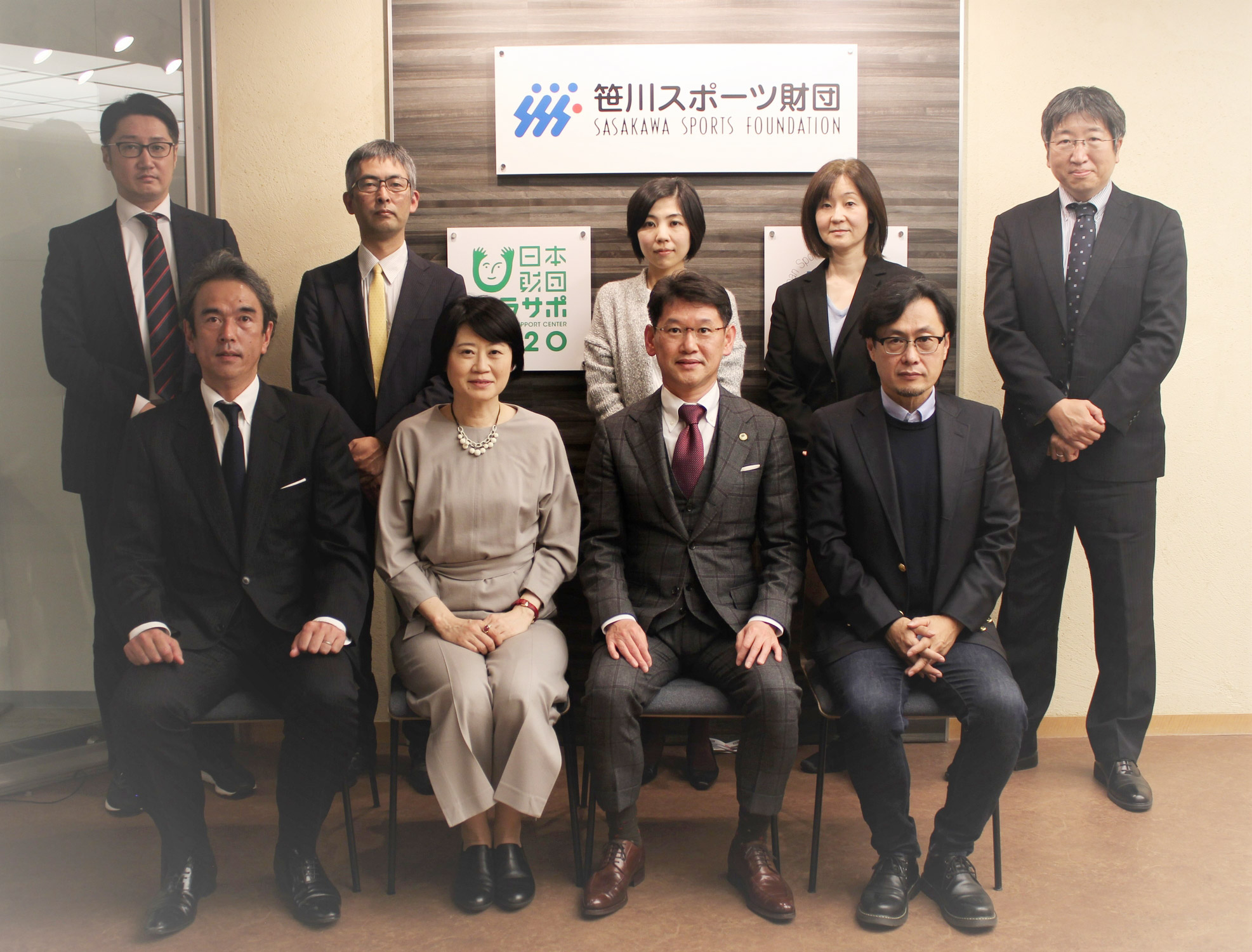
- Profile
- Kazutoshi Watanabe: President, Sasakawa Sports Foundation
- Kotaro Naruse: General Affairs Div. Manager, Sasakawa Sports Foundation
- Katsuhiko Takeshita: Public Affairs Sec. Chief, General Affairs Div. General Affairs Sec. / Public Affairs Sec., Sasakawa Sports Foundation
- Kenta Shimizu: General Affairs Div. General Affairs Sec. / Public Affairs Sec., Sasakawa Sports Foundation
- Mariko Ohsato: CEO & President, Arc Communications Inc.
- Yoshihiro Sato: Operating Officer, Web & Cross Media Executive Manager, Arc Communications Inc.
- Shinichiro Shibata: Sales, Web & Cross Media, Arc Communications Inc.
Established as an Organization to Promote Lifelong Sports
Ohsato: To begin, could you briefly introduce the Sasakawa Sports Foundation (SSF)?
Watanabe: The Sasakawa Sports Foundation was established in March 1991. Back then, the Competitive Sports Division at the Ministry of Education (now known as MEXT, the Ministry of Education, Culture, Sports, Science and Technology) was in charge of sports administration in Japan. Around that time, the Japan Shipbuilding Industry Foundation (now The Nippon Foundation) determined that lifelong sports--what we now call "Sports for All" or "Sport for Everyone" at SSF--would become important in an aging society. The foundation discussed the matter with the Ministry of Education and created the Sasakawa Sports Foundation.
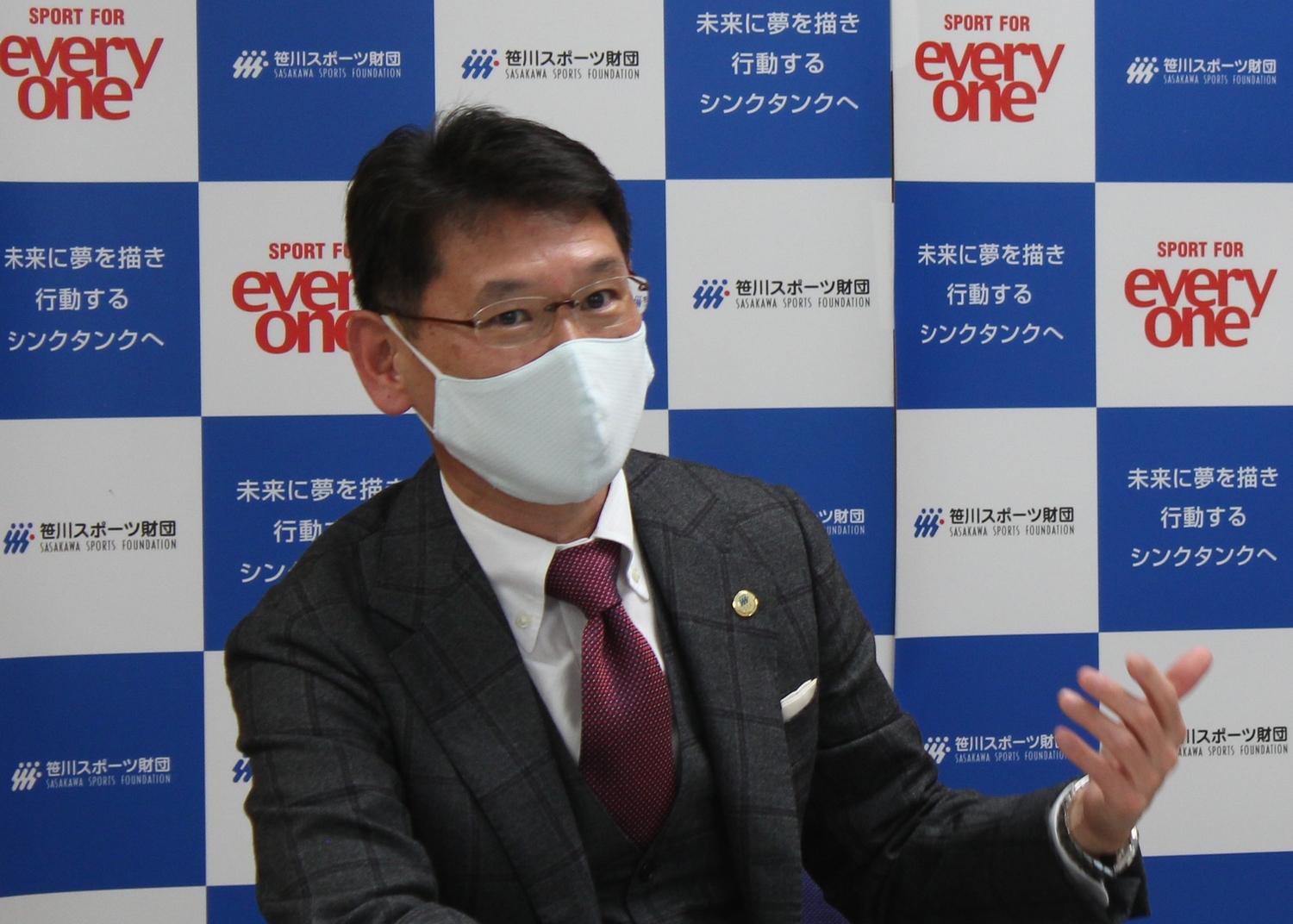
In its earliest days, SSF first decided to nurture grassroots sports activities and launched a grant project called Sports Aid. It also held events like the Sports for All - World Games Fair so that people could learn about sports that weren't well known in Japan yet. At the same time, the foundation recognized opinions that said they should conduct standardized measurements every year on the status of sports engagement, which led to creating the National Sports-Life Survey. It began in 1993 and is still being continued to this day.
Ohsato: You must have held interesting events with local municipalities, right?
Watanabe: Yes, we have. In 1993, we started to participate in Challenge Day. It's an international event, which first originated in Canada. Municipalities with roughly the same populations compete against each other to get as many people as they can to participate in sports activities. It's a very interesting event that attracts some three million participants every year. Since it's like a game, it encourages a lot of interactions and produces positive by-products, like exchanging specialty products or promising to take field trips to each other's municipalities.
Then in 1996, SSF decided to publish a white paper for sports, which, at the time, was the first of its kind in the world. Initially, the foundation published one paper every five years, then in 2009, it became one paper every three years.
The Think Tank and Do Tank Tandem
Ohsato: When you were explaining SSF, you mentioned it being a "sports think tank." That's not a word we hear often. What sort of undertaking is it?
Watanabe: In 2012, MEXT announced the Sport Basic Plan based on the Basic Act on Sport established the previous year. In response, SSF made a big shift to place emphasis on research and surveys as a focal point of the organization's activities. This propelled the foundation in a new direction as the only sports think tank in Japan.
The foundation's longstanding work of conducting National Sports-Life Surveys and publishing white papers on sports remain as major pillars of the organization. Meanwhile, the Sports Policy Research Lab was established as a think tank organization within the foundation, tasked with making proposals in response to government policies. The lab is currently responsible for determining the foundation's mission and vision, and based on that, conducting research and surveys as a think tank. It works in tandem with the do tank, which implements and verifies results obtained from the research.
Ohsato: That sounds like an endeavor with very big goals. How are you putting them into practice?
Watanabe: If you look up SSF, you'll find that we're a very small organization, so the things we can do on our own are extremely limited. That makes it all the more important to create networks, connect with other people and organizations, and ask them to lend us their expertise so that we can contribute to the world.
You may have heard of the term "center of excellence."* But since the foundation doesn't have many resources to begin with, we rely instead on a "network of excellence." SSF becomes a hub to create an overreaching network that connects municipalities, sports promoters and politicians. We ask each of them to lend us a hand so that we can carry out activities for the good of the world.
*Center of excellence: a core research center with outstanding specialists and advanced facilities.
All Members Share a Common Aspiration: Wanting to be Involved in Sports
Sato: While SSF may be a small organization, I've heard that its members have diverse talents and strengths. What sort of backgrounds do you come from or what motivated you to join the foundation?
Naruse: I joined the foundation two years after it was established. Since I played sports for many years, I wanted to be involved in promoting sports in some way after graduating from university. So, my goal was somewhat vague, but a lot of people who joined after me had more specific goals, saying they had been involved in certain fields and wanted to put their experiences to good use.
Takeshita: I joined SSF after working at an advertising agency and a publishing company. At the time, the foundation was looking for personnel to help with the voluntary operations of the Tokyo Marathon. So, I applied, thinking I could use my previous experiences to contribute to running events and being involved in publicity work.
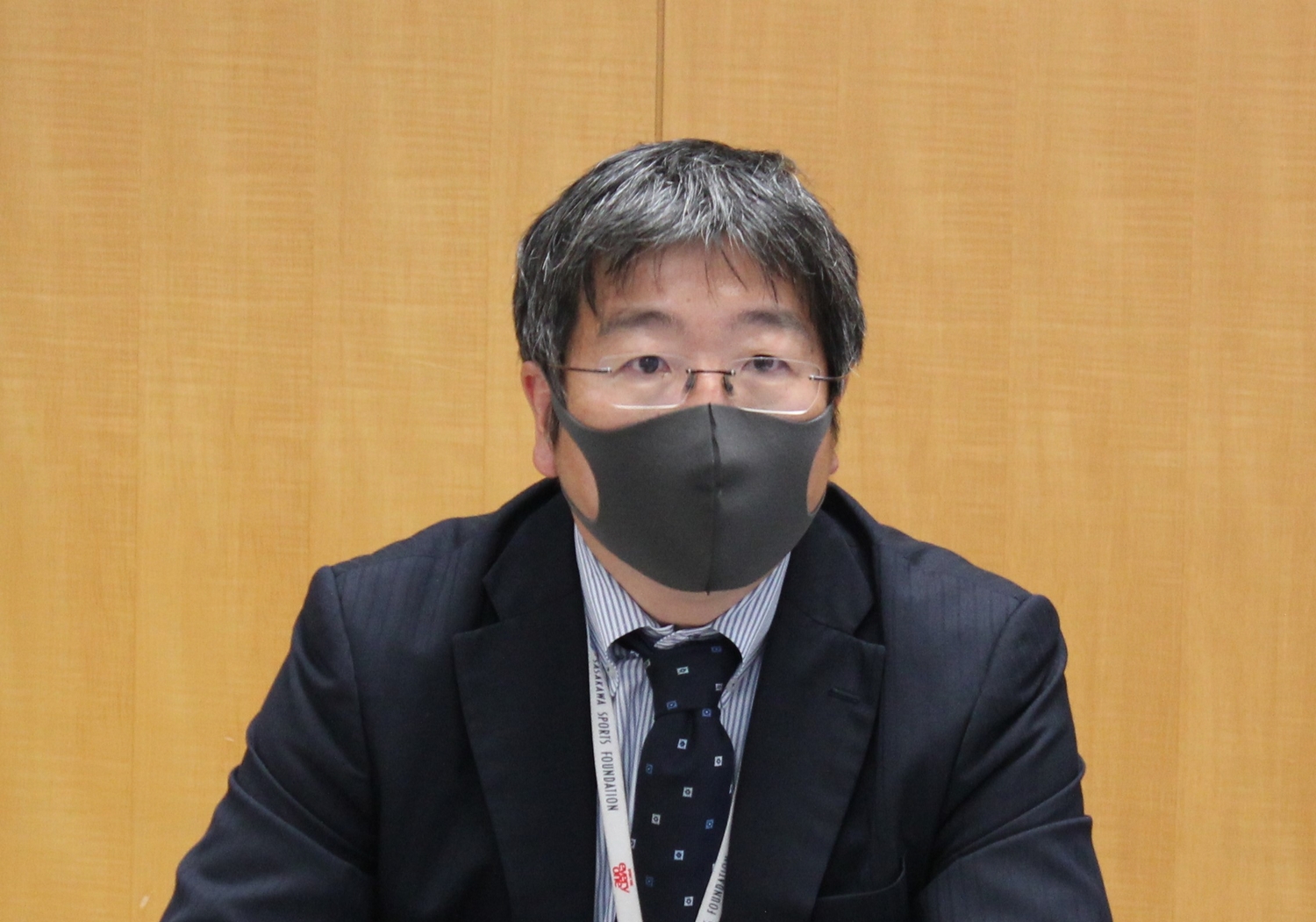
Shimizu: I used to work at a company that runs an online restaurant search engine, so it was completely unrelated to sports. But I knew I wanted to work in the sports world next. I joined SSF hoping to use my experiences in sales and Web planning to publicize sports-related information.
Emergency Surveys in Response to the COVID-19 Pandemic and the Tokyo 2020 Postponement
Ohsato: The sports world has been hit especially hard by the COVID-19 pandemic. As a foundation, have you been focusing on any particular survey or project under these circumstances?
Watanabe: We decided to observe and take standardized measurements on how people act and how society changes in times of emergencies like the outbreak of COVID-19. We hope the data will be useful as a reference if, sometime in the future, another outbreak like this were to happen. We surveyed the state of sports engagement during the pandemic in May and October of this year, and we're also planning a third survey for early 2021.
The March survey revealed that when COVID-19 struck, people who used to exercise a lot (one or more times a week) saw a drop in the number of times they exercised, but people who used to only exercise once or twice a month actually started to exercise more.
Ohsato: Since people started to stay inside more often, I assumed everyone was exercising less, but I see I was wrong. That's a reminder of why surveys are so important, since we can't make appropriate policies based on false assumptions. What about the Tokyo 2020 Olympic and Paralympic Games that were scheduled for this year?
Watanabe: The Nippon Foundation created an organization called the Nippon Foundation Volunteer Support Center in preparation for Tokyo 2020. Since the Games will require a total of 120,000 volunteers, the organization aims to help nurture them and lay the groundwork for raising awareness for the work of volunteers.
But the pandemic caused Tokyo 2020 to be postponed a year, and I believe the volunteers were all concerned. So we asked them to respond to a questionnaire and found that most of them still want to work as volunteers despite the one-year postponement.
Ohsato: It's heartening to know that the flames of the sports volunteers are still burning bright.
Feature Interview Index

